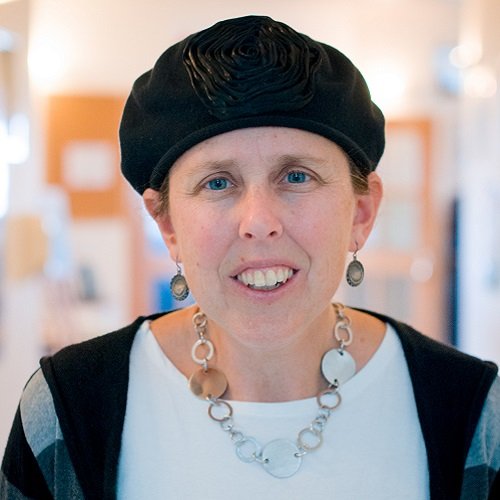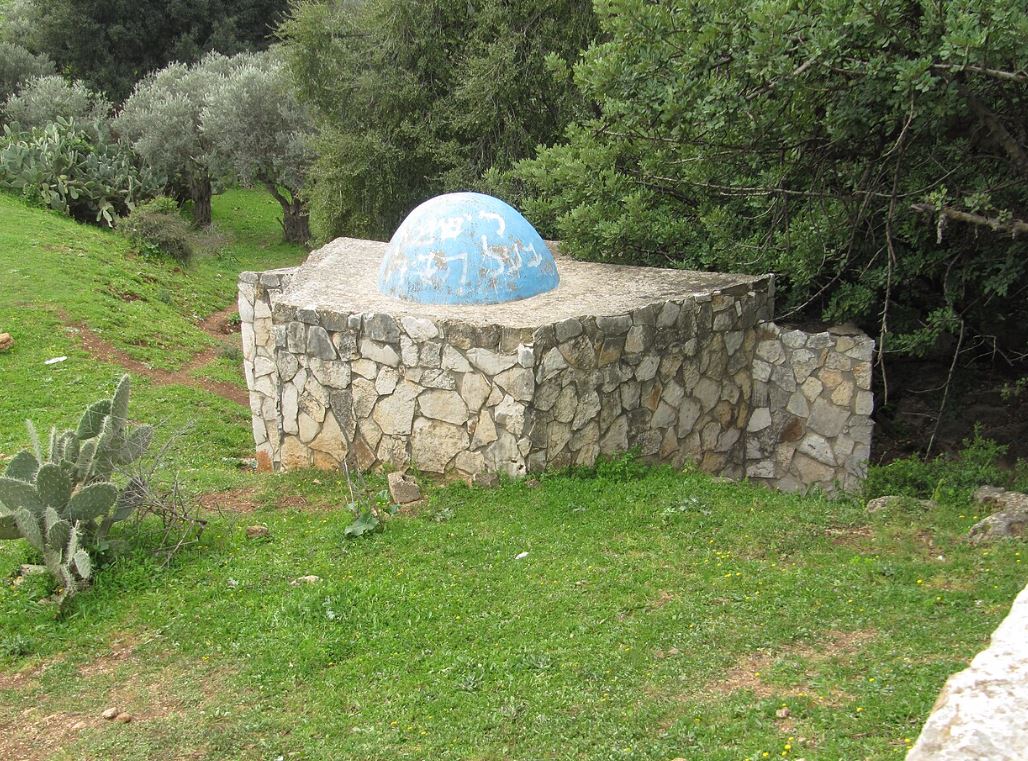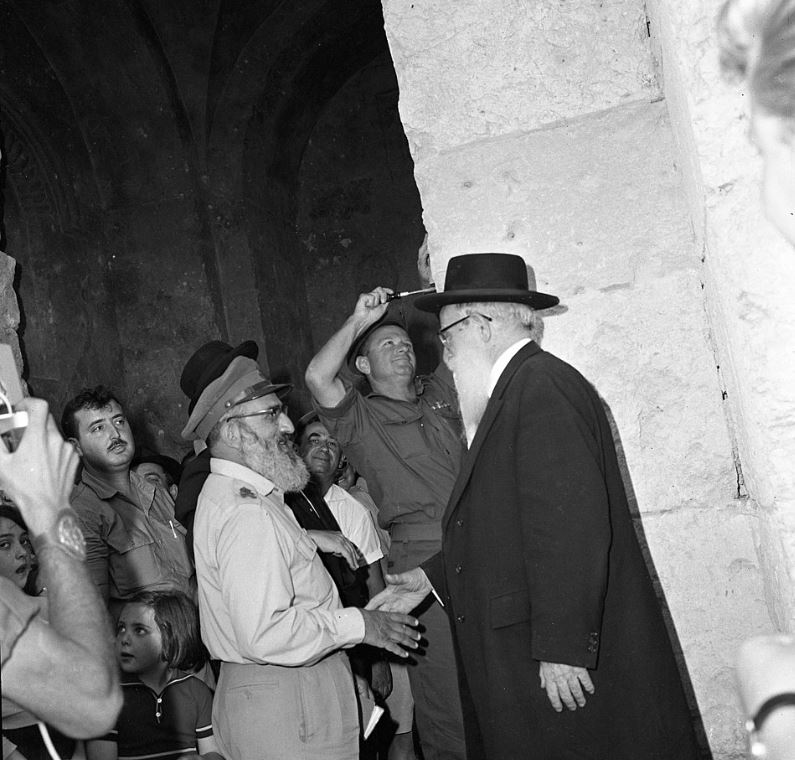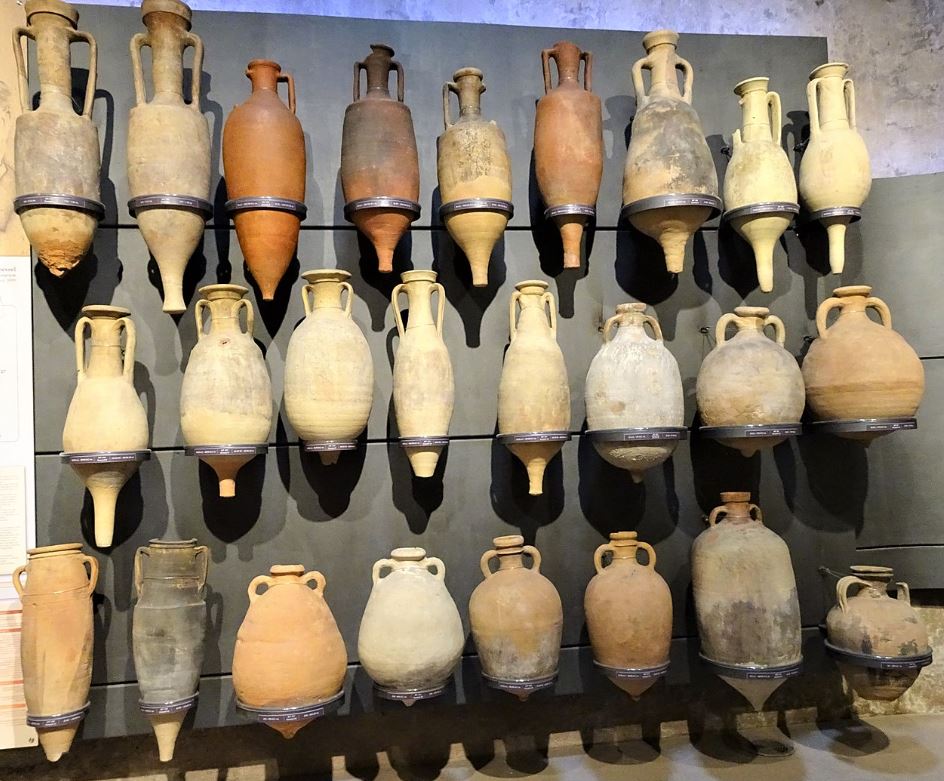It isn’t often that someone in the Gemara is referred to not by his relationships (son of, father of) but rather his location. That is the case with Rabbi Yosi HaGelili who appears here in Sanhedrin as well as in many places in the Mishnah and in the Yerushalmi and Bavli:
“the ruling of the baraita is in accordance with the opinion of Rabbi Yosi HaGelili,” (Sanhedrin 112b)
We do not know who Rabbi Yosi’s father was and even more unusual, who were his teachers. Our only information is that he is “haGelili,” a Galilean. This is significant information because the Galilee in Rabbi Yosi’s time was a distinct region and was not where most of the scholars of the time were from (see https://hadran.org.il/author-post/so-where-are-you-from/ ) Rabbi Yosi left the Galilee and became a star in the main arena of Torah life at the time, Yavneh in the south of the country, but he never lost his “Galilean” identity. In an encounter with the sharp-tongued Bruria, Rabbi Meir’s wife, she insults him by insulting his birthplace:
“Rabbi Yosi HaGelili was walking along the way, and met Bruria. He said to her: On which path shall we walk to Lod? She said to him: Foolish Galilean, didn’t the Sages say: Do not talk much with women? You should have said: Which to Lod?” (Eruvin 53b)
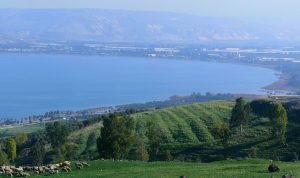
The Sea of Galilee (Kinneret)
Zachi Evenor and User:MathKnight, CC BY-SA 4.0 <https://creativecommons.org/licenses/by-sa/4.0>, via Wikimedia Commons
Rabbi Yosi was part of the third generation of Tannaim, a contemporary of such luminaries as Rabbi Akiva, Rabbi Tarfon and Rabbi Elazar ben Azarya. He is mentioned along with them when they go to visit scholars like Rabbi Yishmael:
“When the sons of Rabbi Yishmael died, four Elders entered to console him: Rabbi Tarfon, Rabbi Yosi HaGelili, Rabbi Elazar ben Azarya, and Rabbi Akiva.”
(Moed Katan 28b)
However, Rabbi Yosi did not come from the same milieu as these other rabbis. He appears quite suddenly in the bet midrash one day and immediately jumps into the conversation:
“There was one student there who came to the study hall before the Sages for the first time, and his name was Rabbi Yosi HaGelili. He said to Rabbi Tarfon: My teacher, from where do you derive this?” (Zevachim 57a)
Rabbi Yosi’s sharp reasoning quickly brought him respect from the other scholars. In a different halachic argument, he faced off against Rabbi Akiva and was dismissed by him. However Akiva eventually allowed him back and Yosi won the argument, getting all the elders on his side:
“Rabbi Akiva dismissed Rabbi Yosi HaGelili. After some time, he found an answer [to support his position]. He [Yosi] said, “May I return?” He said to him, “I permit every man to return. Should I not permit you, being that you are Rabbi Yosi HaGelili ., and they counted [the votes of] thirty-two elders in Lod, and they rendered it pure. At that very moment, Rabbi Tarfon read this verse (Dan. 8:4), “I saw the ram butting westward, northward, and southward, and no beast could withstand him, and there was none to deliver from his power. He did as he pleased and grew great.” That is Rabbi Akiva. It says (Dan. 8:5), “And I was watching, and behold, a he-goat came from the west, over the face of the entire earth, and it did not touch the ground. And as I looked on, a he-goat came from the west, passing over the entire earth without touching the ground. And the goat had a conspicuous horn between its eyes.” That is Rabbi Yosi HaGelili.” (Tosefta Mikvaot end)
Although Rabbi Yosi could debate halacha with the greats of Yavneh and Lod he retained his Galilean difference. His approach to halacha was sometimes more lenient, as in allowing some use of hametz on Pesach:
“Rabbi Yosi HaGelili says: Be astounded with yourself. How can it be prohibited to derive benefit from leavened bread for all seven days?” (Pesachim 28b)
Most famously, the Gemara tells us that in Rabbi Yosi’s region, people would eat chicken cooked in milk, since this does not seem to fall under the rubric of not eating meat in its mother’s milk (chickens do not have milk):
“In the locale of Rabbi Yosi HaGelili they would eat poultry meat in milk,” (Shabbat 130a)
Did Rabbi Yosi follow this ruling or did he bow to the rabbis’ prohibition of against chicken and milk?
Rabbi Yosi also had certain other attributes that set him apart. He was one of a group of pious rabbis who were able to bring rain in times of drought:
“Rabbi Samuel ben Naḥmani said, when Israel sin and do evil the rains are arrested. They bring an old man like Rabbi Yosi the Galilean, he prays for them and the rains come.” (Yerushalmi Berachot 5:2)
His kindness and compassion were also evident in his personal relationships. He had a wife who was cruel to him. When he finally divorced her, she married a man who became impoverished and forced her to beg with him. Rabbi Yosi had an unusual response to his ex-wife’s troubles:
“Rabbi Yosi the Galilean passed by and heard them demeaning one another in public. He took them, brought them to one of his houses, and provided them with food all the days of their lives, because “do not hide yourself from your flesh”, that refers to one’s divorcee” (Yerushalmi Ketubot 11:3)
Although we hear of Rabbi Yosi’s time with his contemporaries in the south, it is possible that he returned north towards the end of his days. His grave is commemorated in the northern town of Dalton, not far from Tzfat. In the tenth century a Karaite writer named Sahl ben Matzliach wrote in derogatory terms about this grave, saying that barren women would go there and call out to Rabbi Yosi HaGelili to grant them children. Rabbi Yosi’s reputation as a pious and compassionate man evidently lived on long after his death.
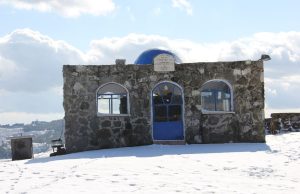
קרלוס הגדול, CC BY-SA 3.0 <https://creativecommons.org/licenses/by-sa/3.0>, via Wikimedia Commons


